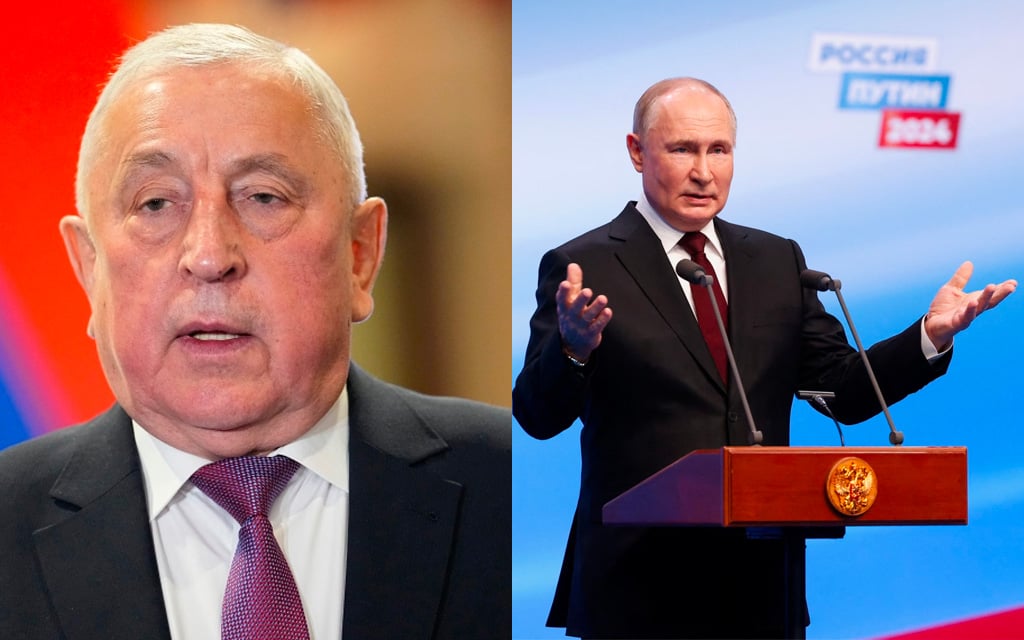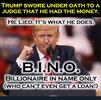- Nov 6, 2014
- 61,029
- 75,149
- AFL Club
- Port Adelaide
No, sometimes I think you miss the undercurrents, he wants more than to eradicate the Ukrainian existence and steal their land.yeah, nah. thats just a wild conspiracy to scare people. Putin is an idiot but he isn't that much of an idiot to think he can reorder the world. Russia has too much corruption to even get that off the ground lol. They'd have to have China, North Korea and another foreign power just to draw even in a world war. China are trying to reopen themselves to the world because they lost too much money from covid, they've even come crawling back to Australia to try and reopen trade routes. Russia would be losing money hand over fist on the western backlash with the Ukraine war. Putin just wants Ukraine. If he had more on his mind and Russia had the capabilities, he would have done it already.
Heard of the global mob. TOC?













